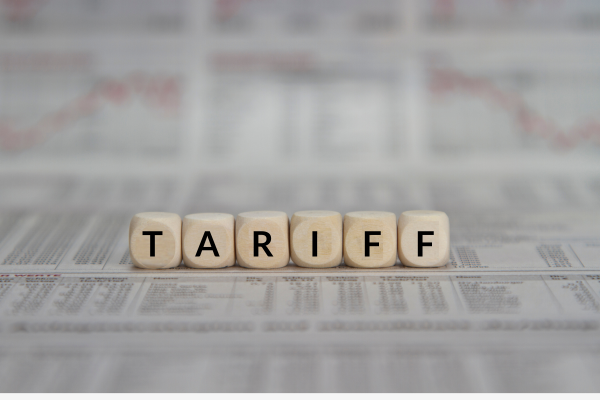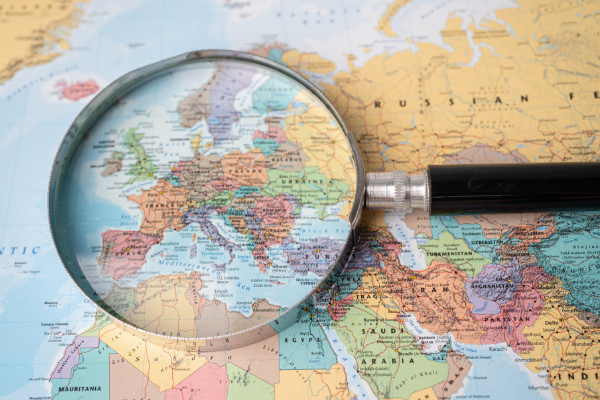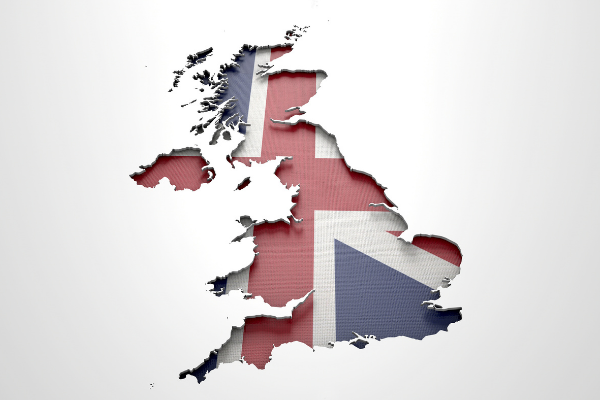BY:
SHARE:

What is Origin? Simply, it is stating where a product originates. For natural goods, such as raw materials, flora, and fauna, this is where they are obtained, born, or grown. For manufactured items its where the last substantial economically justified process takes place.
Simple? Not really, as we have such an integrated, complex trading system that establishing the final origin of some goods can be confusing, and therefore we have international rules.
A common error on import (and export) customs declaration is to state that the country of origin is the same as the country from which the goods were shipped. This is known in the customs world as the Country from Whence Consigned – CWC. This is not always the origin of the goods, though as raw materials, parts, subassemblies and finished products crisscross the globe not just to be manufactured but also for storage to aid the speed of supporting customers, especially in after-sales markets.
A note on the European Union: non-preference origin is the country, eg German, Swedish, Spanish, etc you cannot state “the EU” as a non-preference origin.
Why is it important?
The origin of goods being shipped internationally is used for many reasons by authorities, companies, and consumers alike. Though the World Trade Organisation (WTO) has established an international rule for determining non-preference origin, it has not been taken up as enthusiastically as the WCO Harmonised coding System (HS) for commodity codes. The economic nationality of goods – i.e., the origin – is linked to key trade factors:
- Tariff Restrictions – for example, imposing additional duties to deter the purchasing of goods made outside the domestic market.
- Marketing purposes – to distinguish imported consumer goods from domestic products.
- Consumer choice – where a product is made may affect a buyer’s decision on whether to purchase it or not.
- Political and economic reasons – campaigns such as Buy British or linked to government procurement contracts or the monitoring of trade with embargoed and sanctioned countries.
- Brand recognition – e.g., Swiss watches should be made in Switzerland.
- Quality marking.
- Legal requirements for Country-of-Origin Labelling (COOL).
- Geographical Indicators (GIs) – goods, usually food and drink, which have been granted protected geographical status, e.g., champagne must come from champagne in France.
- To establish where the Intellectual Property Rights including Copyright of products is held, e.g., iPhone shows “Designed by Apples in California USA. Assembled in China.”
If you are interested in exploring this topic further, you might find it worthwhile to consider the training courses and live clinics offered by Strong & Herd LLP:
OneCall™ Email assistance as and when required; A one-call solution for all your import, export and customs enquiries. Export help. Import help. Customs help.
Stay informed about customs and international trade matters by subscribing to our OneCall™ service. This comprehensive offering includes a dedicated email helpline for support, timely practical updates direct to your inbox (Did You Know?), monthly UK Customs & Trade Briefings and access to an interactive members' area with an exclusive community for our subscribers.
International Trade Updates & Spotlight Newsletter
Subscribe to our free information emails covering international trade topics...
MORE INDUSTRY INSIGHTS...












